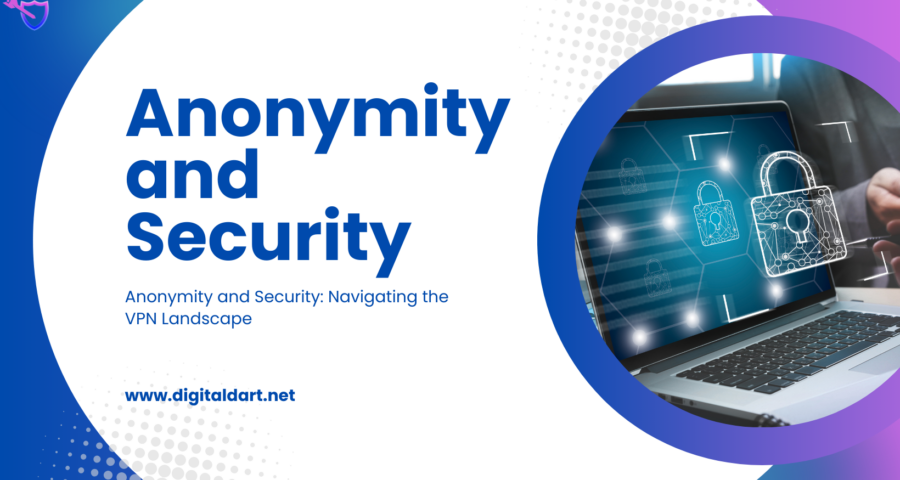Introduction
In an era where online privacy is a growing concern, Virtual Private Networks (VPNs) have emerged as a popular tool for individuals seeking both anonymity and security in their digital activities. In this blog post, we’ll delve into the intricate balance between anonymity and security in the world of VPNs, exploring the basics, dispelling misconceptions, and providing insights to help you make an informed decision.
The Basics of VPNs
What is a VPN?
A Virtual Private Network (VPN) is a technology that creates a secure connection over the internet, allowing users to access resources, share data, and browse the web as if they were connected to a private network. VPNs serve multiple purposes, with one of the primary aims being to enhance online security and privacy.
Types of VPNs
There are various types of VPNs, each catering to specific needs. Remote Access VPNs enable individuals to connect to a private network remotely. Site-to-Site VPNs connect entire networks together, while Mobile VPNs ensure secure communication for mobile devices.

Anonymity in VPNs
The Promise of Anonymity
VPNs promise anonymity by masking users’ IP addresses, making it challenging for websites and online services to track their online activities. This feature is particularly crucial in an age where data tracking has become pervasive.
Common Misconceptions
While VPNs do provide a layer of anonymity, it’s essential to debunk the myth of absolute invisibility. Encryption plays a vital role in maintaining a secure and private connection, dispelling the misconception that VPNs alone guarantee complete anonymity.
Security in VPNs
Encryption Protocols
The security aspect of VPNs relies heavily on encryption protocols. Advanced Encryption Standard (AES) and OpenVPN are popular choices, ensuring that data transmitted over the network remains confidential and secure.
VPN Protocols
Various VPN protocols, including PPTP, L2TP, IKEv2, and SSTP, offer different levels of security. It’s crucial to understand the pros and cons of each protocol to choose the one that aligns with your specific security requirements.
Logging Policies
The no-logs policy adopted by VPN providers is a critical factor in ensuring user privacy. VPNs that refrain from storing user data minimize the risk of sensitive information falling into the wrong hands.

Trade-offs between Anonymity and Security
Striking the Right Balance
Achieving the right balance between anonymity and security is essential. Users must evaluate their individual privacy requirements, understanding that heightened anonymity might come with trade-offs in terms of security.
Impact on Internet Speed
While VPNs offer security and anonymity, users often face concerns regarding internet speed. Optimizing speed while maintaining security involves selecting the right VPN provider and understanding the impact on performance.
Real-world Scenarios
VPNs and Geographical Restrictions
VPNs are frequently used to bypass geographical restrictions, granting users access to content otherwise unavailable in their region. However, ethical considerations and potential risks should be taken into account.
VPNs in High-Risk Environments
In countries with strict censorship, VPNs become a lifeline for accessing uncensored information. Users in such environments must be aware of the risks and take necessary precautions.
Choosing the Right VPN
Factors to Consider
When selecting a VPN, consider factors such as privacy policies, encryption strength, server locations, and the provider’s logging practices. A user-friendly interface and responsive customer support can also enhance the overall VPN experience.
Popular VPN Services
Several VPN providers lead the industry, each with its strengths and weaknesses. Reviews of top providers, including their features and drawbacks, can guide users in making an informed decision.
Conclusion
In the ever-evolving landscape of online privacy and security, understanding the trade-offs between anonymity and security is paramount. By grasping the basics of VPNs, appreciating the nuances of anonymity and security, and considering real-world scenarios, users can navigate the VPN landscape with confidence. Remember, the key lies in striking the right balance that aligns with your unique digital needs.
Have you found the right balance between anonymity and security in your VPN usage? Let’s continue the conversation and empower each other in navigating the digital realm with confidence.


Leave a Reply